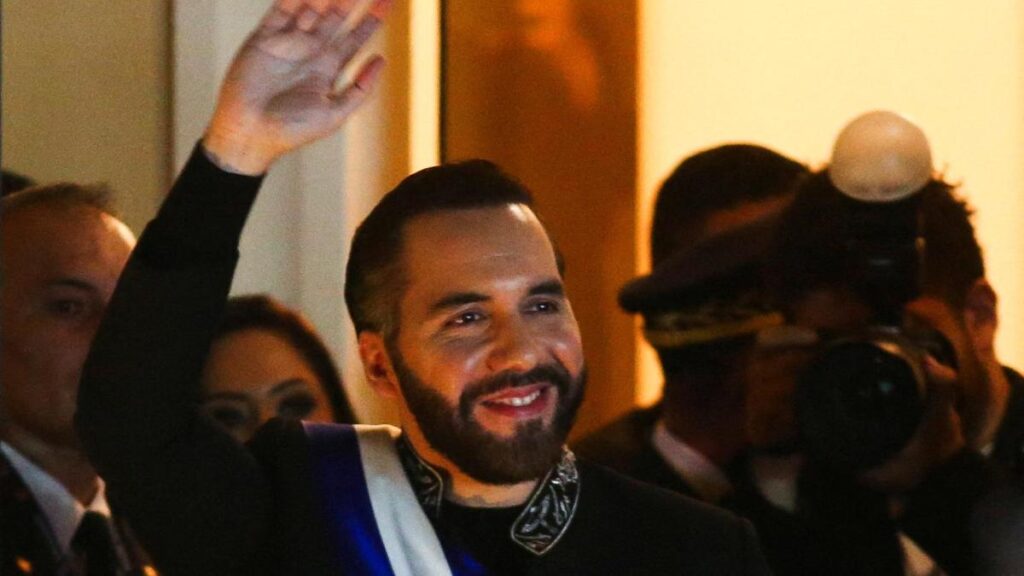Background on President Nayib Bukele
Nayib Bukele, the current president of El Salvador, took office in 2019 and was re-elected with an impressive 85% of the votes in 2024. His party, New Ideas (Nuevas Ideas), holds a majority in the Congress, allowing him to push through significant constitutional changes.
Constitutional Reform and Criticism
On Thursday, the Congress, dominated by Bukele’s party, swiftly approved a constitutional reform that enables indefinite presidential re-election, extends the term from five to six years, and eliminates the second round electoral requirement.
Human rights organizations such as Amnesty International, Human Rights Watch (HRW), and the Washington Office on Latin America (WOLA) have criticized this decision, labeling it a “death blow” to democracy and a manipulation of the Constitution to serve Bukele’s ambitions.
Bukele’s Response
In response to the international backlash, Bukele argued on social media that most developed countries allow indefinite re-election for their heads of government without controversy. He pointed out that critics apply a double standard, claiming that presidential and parliamentary systems are fundamentally different.
“If El Salvador declared itself a parliamentary monarchy with the exact same rules as the United Kingdom, Spain, or Denmark, criticisms would persist,” Bukele stated. “The issue isn’t the system; it’s a poor country daring to act like a sovereign nation. You’re supposed to follow their lead, not forge your own path.”
Human Rights Concerns and Security Policy
Despite Bukele’s popularity due to his successful anti-gang campaign that significantly reduced violence in El Salvador since 2022, human rights groups criticize his security policies. These policies are based on a state of exception that permits mass arrests without judicial orders and restrict personal freedoms.
The constitutional reform followed a wave of detentions targeting human rights defenders and government critics, forcing numerous journalists and humanitarian activists into exile.
Key Questions and Answers
- What is the constitutional reform about? The reform allows indefinite presidential re-election, extends the term from five to six years, and eliminates the second round electoral requirement.
- Who is President Nayib Bukele? Nayib Bukele is the current president of El Salvador, elected in 2019 and re-elected in 2024 with an impressive 85% of the votes. He leads the New Ideas (Nuevas Ideas) party, which holds a majority in Congress.
- Why are human rights organizations criticizing the reform? These groups argue that the reform is a “death blow” to democracy and a manipulation of the Constitution to favor Bukele’s ambitions. They also criticize his security policies based on a state of exception that restricts personal freedoms.
- What is Bukele’s response to the criticism? Bukele argues that most developed countries allow indefinite re-election without controversy and claims that critics apply a double standard. He asserts that the issue is not the system but a poor country daring to act like a sovereign nation.






